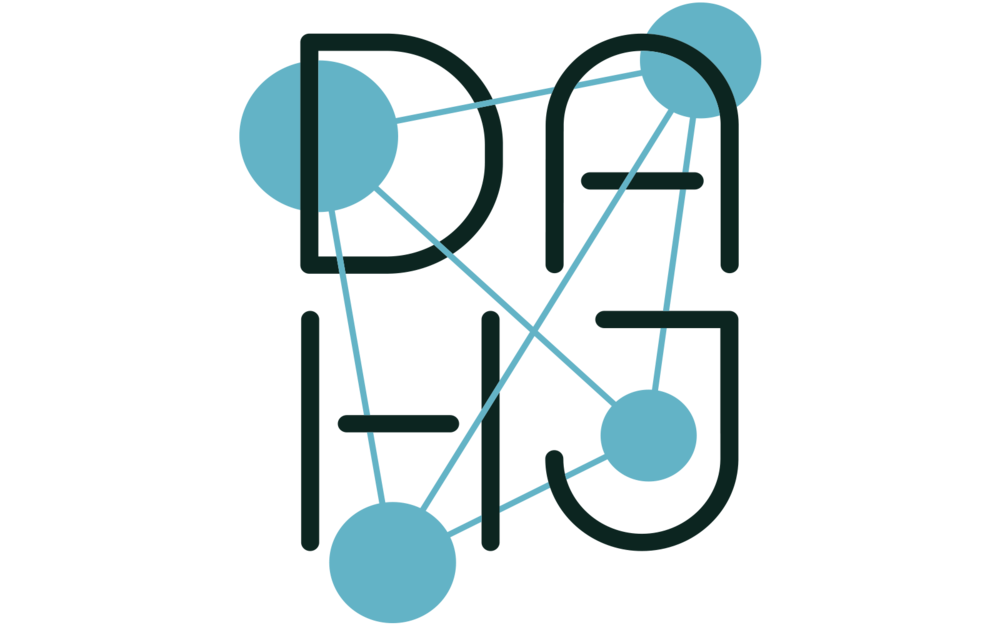Abstract
Departing from the cultural impacts of physical museums, this article explores two significant virtual benefits of online digitized art collections. Based on empirical research, it speculates that these increasingly interconnected collections have the potential to implement a new model of cultural participation able to sustain power sharing beyond public consultation, and transform the art system’s inherent stratification, viz. modulate the art world’s access barriers to institutional prestige, thus benefiting artists by levelling the playing field. The claim is that they can serve as a digital infrastructure to recruit collective intelligence on a mass scale in order to democratize culture and foster more equality and diversity in the art world. However, these impacts cannot simply be achieved by turning users into citizen curators or leveraging ‘altmetrics’ (i.e., views and likes) to influence selection and modulate order within an aggregated or distributed database. The main obstacle to these virtual impacts is not online access barriers, nor insufficient participation. Multiplying eyeballs, facilitating discovery and promoting public choices are all vital; but, these initiatives cannot hope to transform the art system if the individual judgment being captured is subject to different spheres of influence and network effects driving inequality. To overcome these effects, the article proposes a novel, choice-based, pathfinding tool designed to recruit users’ sensemaking faculty, as opposed to their personal taste, and in so doing, more effectively capture what users find meaningful (and institute a new value proposition for art).
DOI: https://doi.org/10.11588/dah.2023.9.89264
Author
Stéphanie Bertrand
is a Commonwealth Scholar, Onassis Fellow and Marie Sklodowska-Curie Fellow, currently working as an affiliated researcher in museum computing at the Human-Computer Interaction Laboratory (HCI Lab) in the Institute of Computer Science of the Foundation for Research and Technology – Hellas (ICS-FORTH). She is the author of the Routledge book Contemporary Curating, Artistic Reference and Public Reception: Reconsidering Inclusion, Transparency and Mediation in Exhibition Making Practice and recipient of the Hannah Arendt Prize in Critical Theory and Creative Research.

